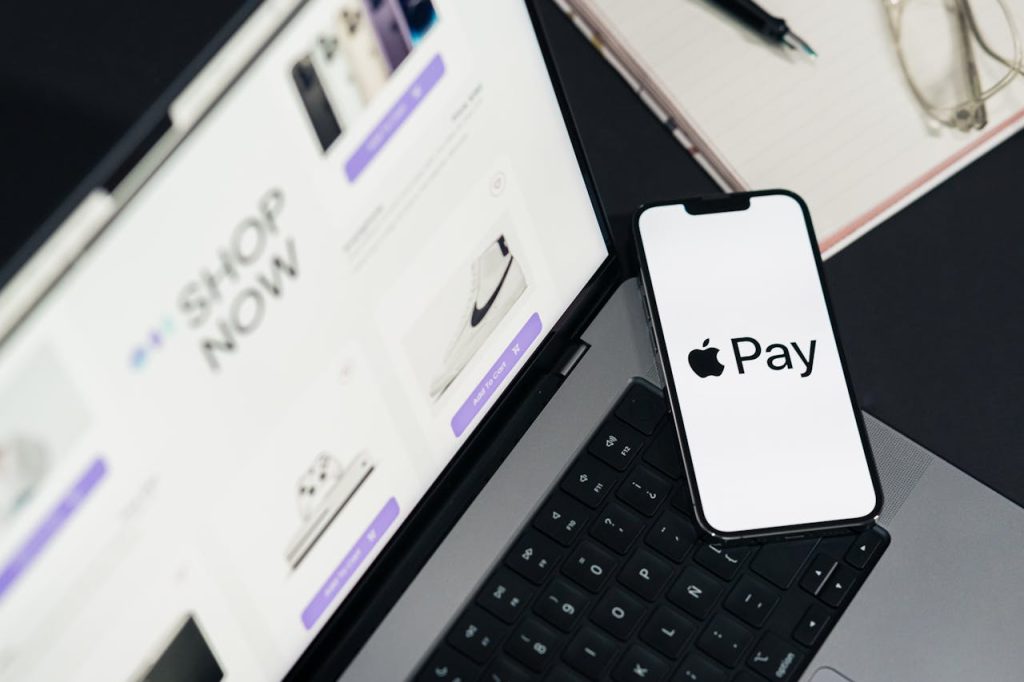
Lately, I’ve been seeing “Buy Now, Pay Later” (BNPL) options everywhere—online, in my credit card statements, and right before making a purchase. It’s no surprise these options have taken off; splitting a purchase into smaller, interest-free payments sounds super convenient and budget-friendly, right? But as easy as it seems, BNPL comes with its own set of risks that can sneak up on you if you’re not paying attention. Since these programs are becoming more and more common, it’s important to point out the downsides of putting off payments—and what it could mean for your wallet. Here are six reasons ‘buy now pay later’ might not be as harmless as it looks.
What to Know Before You ‘Buy Now, Pay Later’
1. Accumulating Debt Without Realizing It. The biggest concern with BNPL is how deceptively easy it is to accumulate debt. Splitting a $100 purchase into four $25 payments might feel manageable, but those small payments add up—especially if you use BNPL for multiple purchases at once. Because these programs don’t require credit checks, it’s tempting to keep spending without seeing the full picture of what you owe. Before you know it, you could be juggling several repayment schedules, making it difficult to stay on top of your finances.
2. Missed Payments Come With Fees. While BNPL is often advertised as “interest-free,” missing a payment can trigger late fees and penalties. These fees vary by provider but can range from $5 to $15 per missed installment. Worse yet, some BNPL programs add interest if you fail to pay off the balance by the agreed-upon terms. What started as a seemingly “free” way to shop can quickly cost more than the original purchase.
3. No Credit Building Benefits. Unlike traditional credit cards, BNPL programs generally don’t report on-time payments to credit bureaus. While this might seem like a good thing, it’s a missed opportunity to build your credit score. Conversely, if you fail to make payments, some providers do report missed payments, which can negatively impact your credit. So, while you’re taking on financial responsibility, you don’t necessarily reap any credit-building benefits unless you’re perfect with repayment.
4. The Impact on Long-Term Budgets. When you commit to future payments with BNPL, it can throw off your monthly budget. Many people underestimate the impact of smaller, staggered payments. You might not feel the pinch at first, but as bills, subscriptions, and other financial obligations come due, those BNPL payments can add to your stress. BNPL encourages impulse spending, which often leaves you with purchases you didn’t plan for—while making it harder to prioritize saving or paying off other debts.
5. Lack of Regulation. Unlike credit cards and personal loans, BNPL programs currently operate in a relatively unregulated space. Financial watchdogs have raised concerns about the transparency of BNPL terms, particularly for younger consumers. Without standardized rules, it’s up to shoppers to read the fine print, understand repayment terms, and avoid pitfalls like hidden fees. If you aren’t careful, you could find yourself in an agreement that’s less consumer-friendly than you thought.
6. Financial Stress and Overwhelm. At its core, BNPL encourages a “spend now, deal with it later” mentality. For people who struggle to stick to a budget, it can create a cycle of financial stress. When you take on multiple BNPL payments alongside other expenses—like rent, groceries, or utilities—it becomes overwhelming. Missing payments can spiral into additional fees and credit damage, making it harder to recover.
There were many times when I needed to buy food before payday, and used a credit card since I was short on cash- so I get it! Before checking out and using BNPL, ask yourself:
- “Do I really need this item?”
- “Will I be able to pay off the installments on time, if not before-hand?”
- “How will this affect my other financial goals?”
So while it might feel like a convenient short-term fix, it’s important to recognize the long-term financial burdens BNPL it can cause. By approaching BNPL with caution, you can protect your financial health—and avoid paying the price for delaying payments.